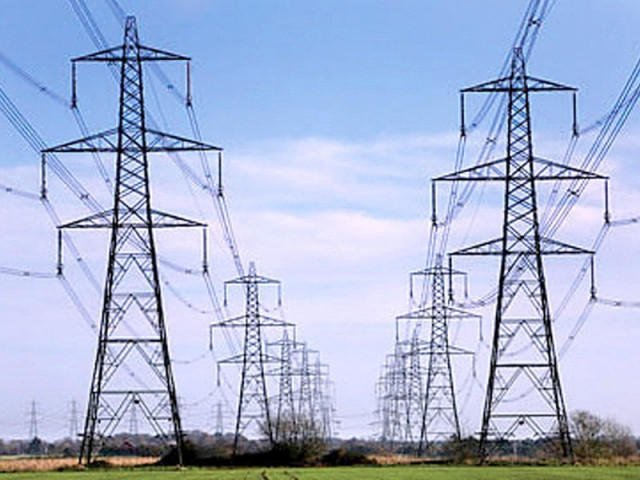Rental power plants appear again, now with a new name
Govt plans to set up mobile power plants to bridge shortfall, pacify consumers

PHOTO: EXPRESS
These plants will help ease the widening electricity shortfall in the current summer season and thwart a planned campaign by the opposition against prolonged power outages.
Mobile power plants are like rental power plants that were introduced by the Musharraf and Pakistan Peoples Party (PPP) governments in the past, but they turned controversial over allegations of widespread embezzlement and eventually all were abandoned.
The Supreme Court in 2012 declared all the rental power plants as illegal and ordered their shutdown.
Minister of Water and Power Khawaja Muhammad Asif, who is associated with the ruling Pakistan Muslim League-Nawaz, had filed a case in the Supreme Court, alleging corruption in deals signed for the rental power projects.
However, now the present government itself is going to install such plants with a different name.
Apart from the mobile plants, the government has also decided to weigh the possibility of utilising the idle capacity of independent power producers (IPPs) as well as captive power plants of industrial units in a bid to bridge the demand and supply gap and shorten the duration of load-shedding.
The idea of setting up mobile power plants was floated by Punjab Chief Minister Shahbaz Sharif in a high-level meeting chaired by Prime Minister Nawaz Sharif last month.
The chief minister argued that the ongoing power projects would take some time to come on stream and there was a dire need of taking emergency steps.
He insisted that all available options should be tapped like installation of mobile power plants, restoration of idle power projects and encouraging industrial units to utilise their captive power capacity in order to mitigate power outages in the country.
He suggested that the option of mobile power plants should be explored only for one year as the power production shortfall would narrow down considerably by the end of 2017 following completion of ongoing projects.
Consequently, the prime minister directed the Ministry of Water and Power to weigh the option of setting up mobile power plants over the short term as well as utilisation of captive power plants.
The water and power secretary presented different scenarios pertaining to expected power generation, demand, shortfall and load-shedding.
Based on the projection of 7% increase in demand, there will be six hours of load-shedding in urban areas and 8 to 12 hours of outages in rural areas in the last 10 days of April.
In the first 20 days of May, load-shedding will be for six hours in urban areas and eight hours in rural areas. However, in the last 10 days of the month, when Ramazan will also begin, the duration of outages will be brought down to three hours for urban areas and four hours for rural areas.
This, he said, would be managed by introducing eight hours of load-shedding for industrial and nine hours of outages for the mixed industrial load areas. This schedule of load-shedding will continue for the remaining part of summer and outages for the industrial and mixed load areas will be brought to zero after Ramazan.
Published in The Express Tribune, May 3rd, 2017.
Like Business on Facebook, follow @TribuneBiz on Twitter to stay informed and join in the conversation.



















COMMENTS
Comments are moderated and generally will be posted if they are on-topic and not abusive.
For more information, please see our Comments FAQ